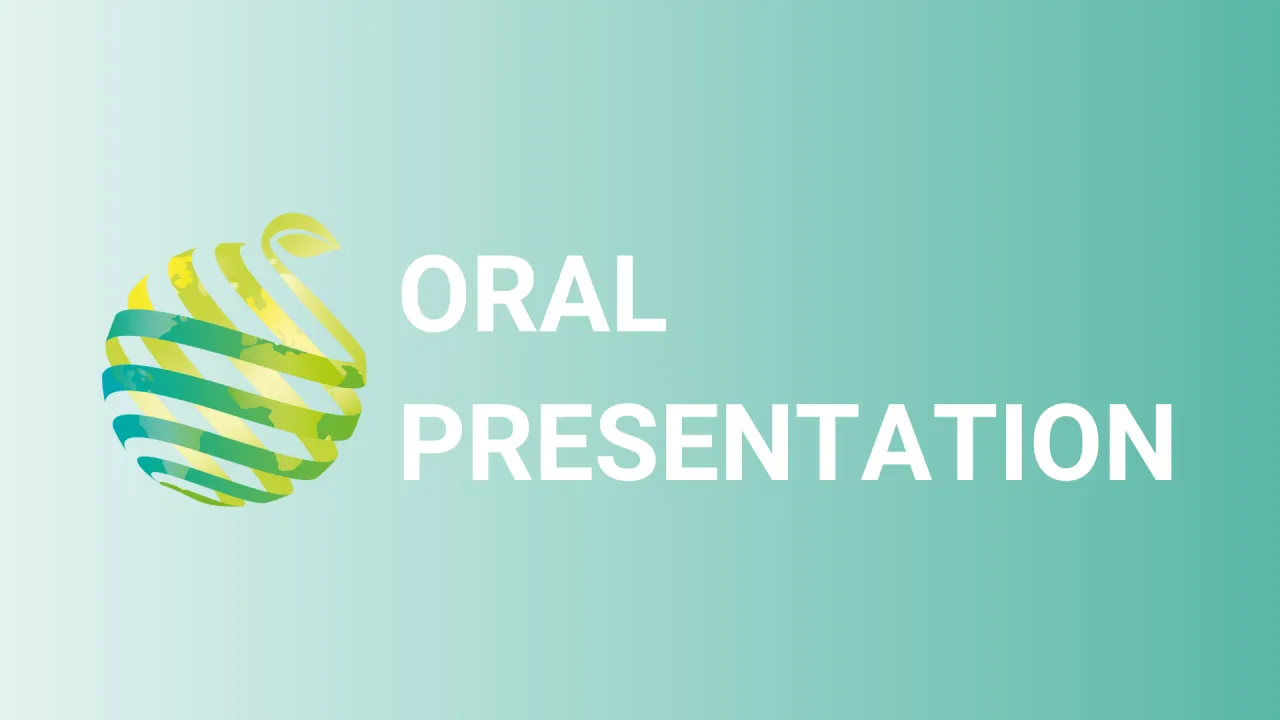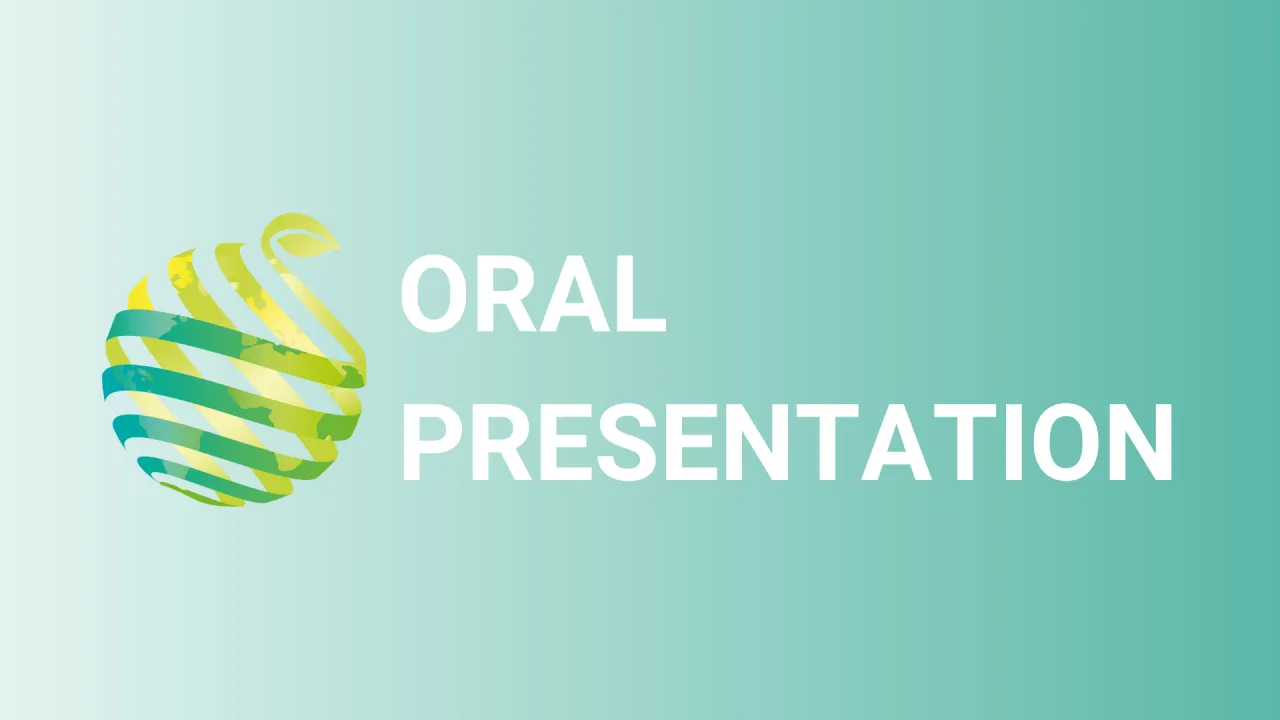

S13 - Session O1 - Long term results of water protection measures to reduce nitrate leaching from vegetable cropping in water protection areas in Baden-Württemberg, Germany
Information
Authors: Karin Rather *
The German Fertilizer Ordinance (2020, Düngeverordnung, DüV) fleshes out the standards of good agricultural practice of fertilization and implements the EU-Nitrate Directive in national law. These basic rules are strengthened in water protection areas (WPAs) in each of the 16 states of Germany. The organization differs between decentralized contracts of water companies with farmers and national decrees. In Baden-Württemberg (BW) WPA amount for 26% of the state area with 1.250 independent water supply companies. Due to this agriculture and horticultural practice is subject to the centrally organized decree of SchALVO (Schutzgebiets- und Ausgleichsverordnung). SchALVO is compulsory in WPAs with 359.500 ha agricultural land. The constraints depend on soil type, distance to water source and nitrate concentration of groundwater in three classes (I < 35-50, II 35-50, III > 50 mg NO 3 L -1 ). Measures include fertilizer use, fertilizer splitting, crop choice, establishment of catch crops, time windows for tillage and others. For monitoring soil samples are taken for nitrate-N between October 15 th and November 15 th . Farmers get financial compensation for meeting a threshold of 45 kg N ha -1 (0-90 cm). Since 2001 control is restricted to areas at risk (nitrate class I and II) and resulted in an increase of residual nitrate-N. Since 2006 the residual nitrate-N for vegetable crops varies between 70 to 80 kg N ha ‑1 and exceed the values of arable crops. For 2020 a detailed analysis of nitrate-N residues on roughly 150 vegetable growing sites was done and results presented. Generally the effect of measures according to SchALVO is influenced by site specific characteristics as well as weather conditions. The results of the monitoring program are used to check compliance with the requirements and are a valuable instrument of the extension services to derive recommendations for practice.